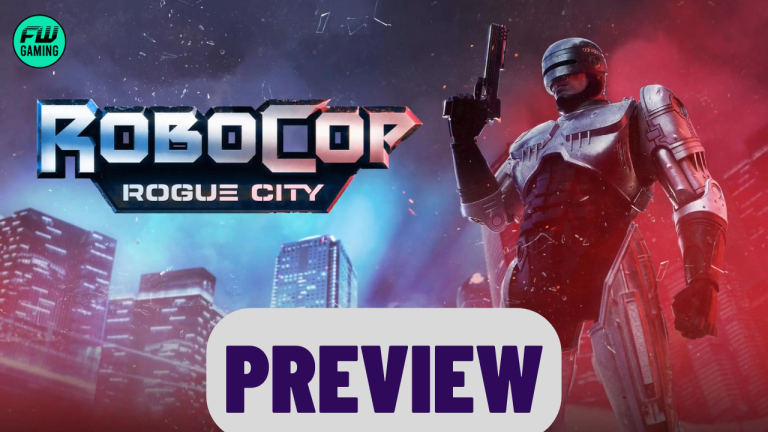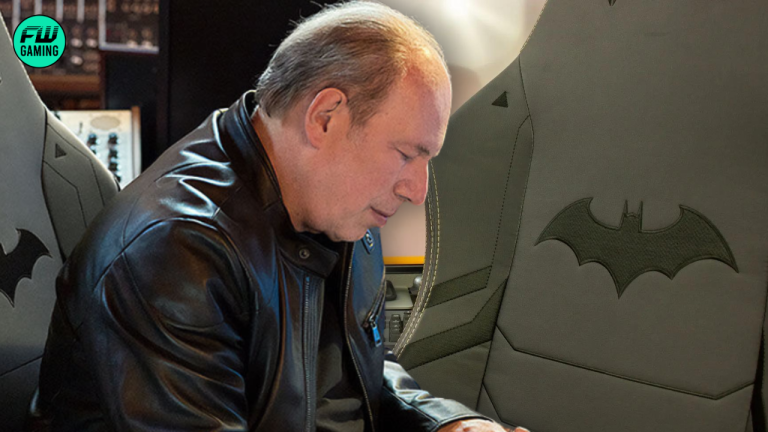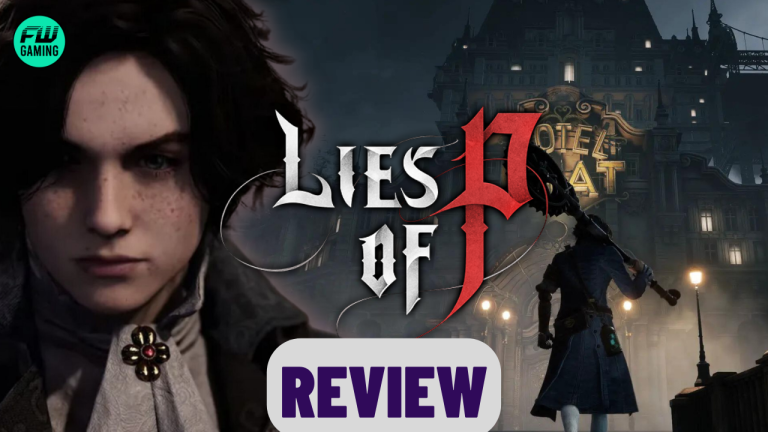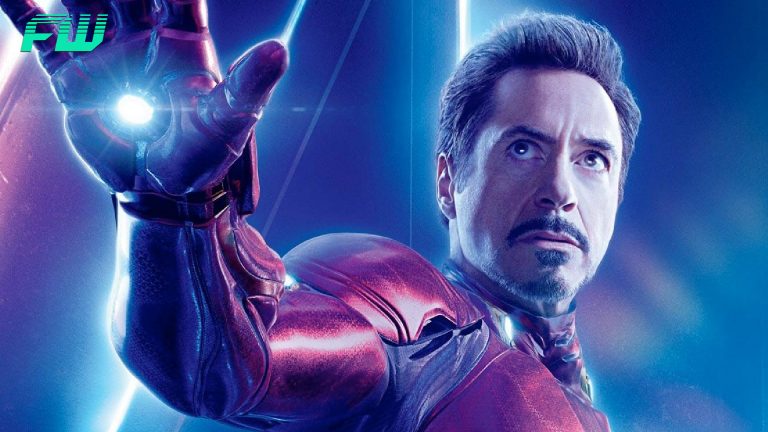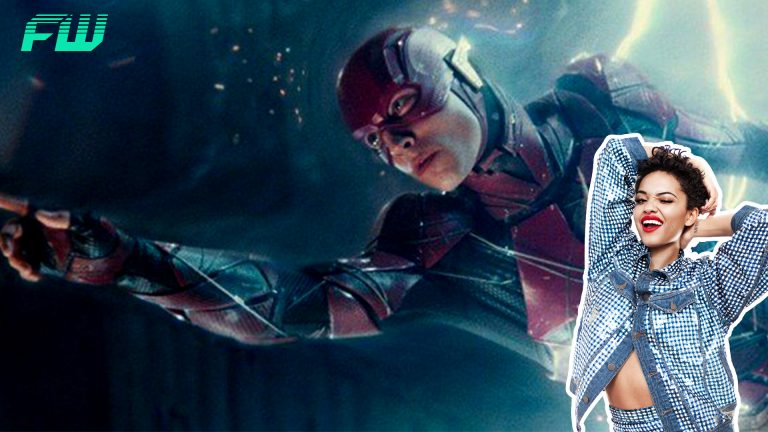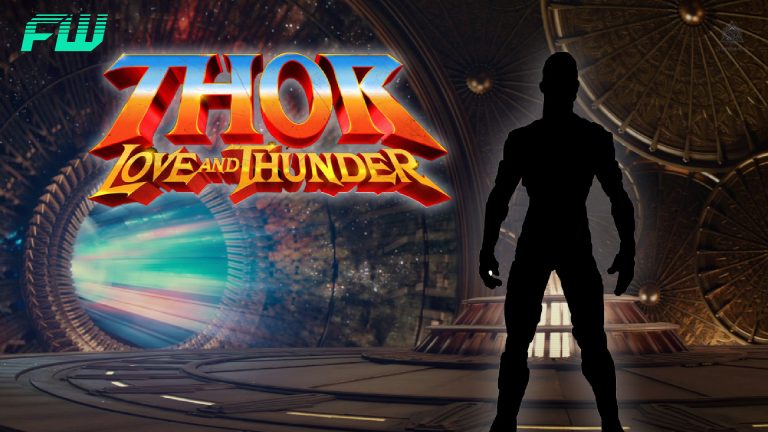Over the last couple of weeks the FTC trial for Microsoft’s merger with Activision Blizzard has been everywhere. If you weren’t already, we’re all now experts in commercial business mergers and the laws surrounding fair competition for markets.
Microsoft’s merger has definitely hit some stumbling blocks, it’s fair to say, with it originally being announced last year that the purchase was going ahead, and in the months since, various governing bodies over the world have had their say as to whether they want to allow it or not.
Some countries, like the US and the UK, have refused to grant permission for the merger to go through, with various reasons like ‘unfair competitive edge’ and ‘monopolizing the market’ being cites as to why. Other countries have no issue with it, instead focusing on the increased revenue and potential for new jobs the merger could make, and this is the case with the most recent green light for Microsoft’s merger, South Africa.
Microsoft’s Merger – Quite a Big Deal
Many gamer’s will be wondering exactly why Microsoft’s merger with Activision Blizzard is being made such a big deal of, and it is a fair question to ask. After all, big companies buying big companies is nothing new. Most recently Disney brought the entirety of Fox’s TV and film branch, securing the rights to countless television and feature film franchises, but there wasn’t this sort of outcry, so why now?
In short, unlike the world of TV and film, there just isn’t enough big players in the gaming industry. As of right now, there’s three major platforms that own the majority of gaming characters and IPs, in PlayStation, Nintendo and Xbox. Now Nintendo can be taken out of the equation, because they’ve always built up their own IPs from the ground up, like Zelda, Mario and Pokemon, whereas for the most part, the other two platforms have spent their years buying other companies and already established IPs.
For the most part this is a viable strategy in itself, for example Microsoft recently bought Bethesda, whilst Sony have bought the lieks of Bungie and Insomniac. Now exclusives are not a new thing to gaming whatsoever, but when there’s a huge divide growing between games, eventually that’s all there will be, if things don’t change.
The biggest difference between those acquisitions and this most recent one is that in itself, Activision Blizzard was once two companies, before Activision purchased and merged with Blizzard a few years ago. This means that rather than just a few IPs Microsoft would be buying, they’d be buying a huge collection of games, enough to fill a library, and therefore, along with their other recent purchases, the FTC in the US and the CMA in the UK are arguing that it’d be unfair to other platforms.
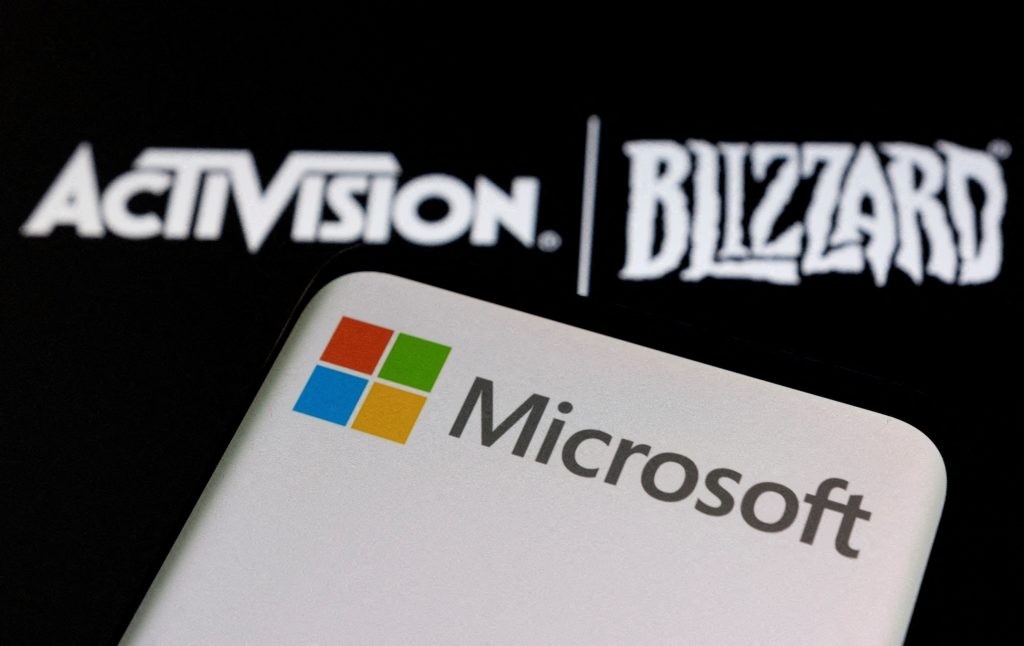
Nintendo have been largely quiet about the whole ordeal, but Sony and PlayStation have been very vocal about their annoyance with the potential merger, citing various arguments surrounding the viability of sharing developers tech with what would be a direct rival come time for the PS6; their worries that eventually Call of Duty would become an Xbox exclusive and more.
Largely though, the FTC trial has been ignored by those in the Competition Tribunal in South Africa, with them now ‘unconditionally approving’ Microsoft’s merger with Activision Blizzard. They originally gave the merger a provisional okay back in April, but now with this ruling they’ve cemented that into law.
It’s fair to say though that Microsoft weren’t too worried about South Africa or other territories signing off on the merger, as the majority of their business comes from the likes of the US and the UK, which, if they wanted to force the merger through, they’d have to withdraw from.
It’s hard to see how this’ll end up, and as we speak the FTC are currently deliberating whether or not to approve Microsoft’s merger, but either way it’s guaranteed to disappoint someone, and this won’t be the end of the biggest gaming story of the year, not by a long shot.
What do you think about the situation? Do you care? Do you think it’ll go through? Let us know in the comments!
Follow us for more entertainment coverage on Facebook, Twitter, Instagram, and YouTube.

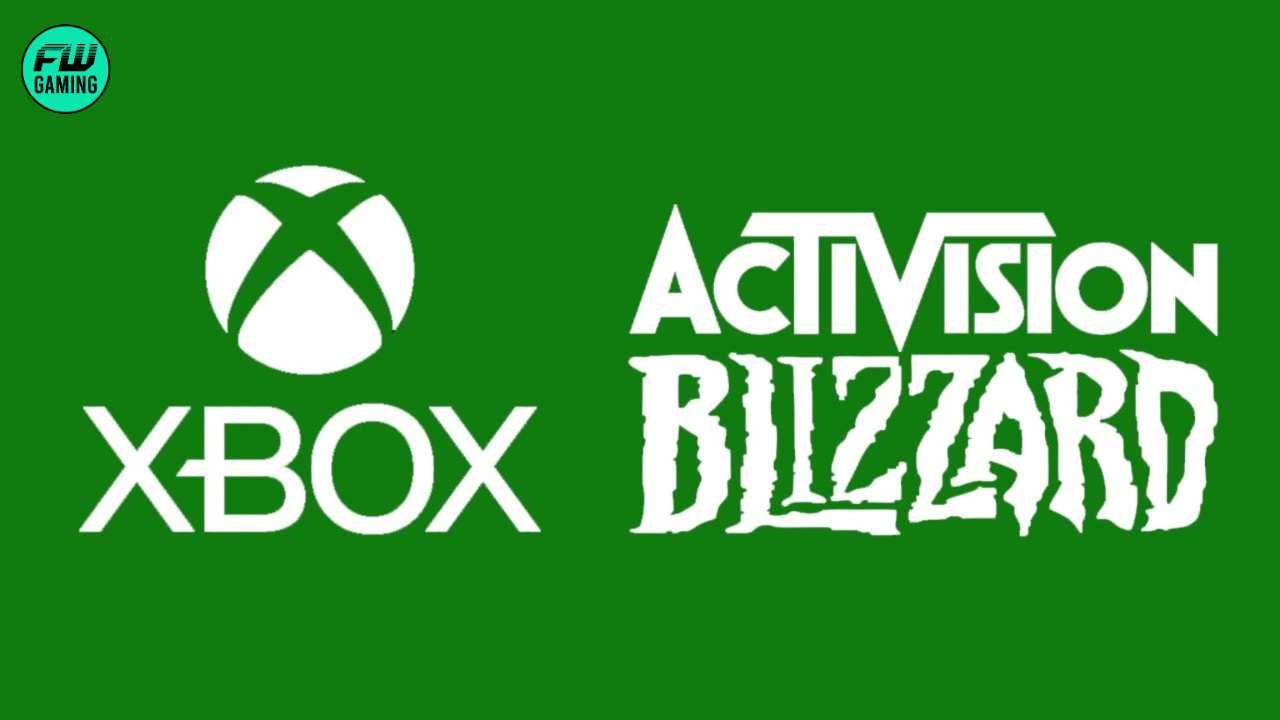
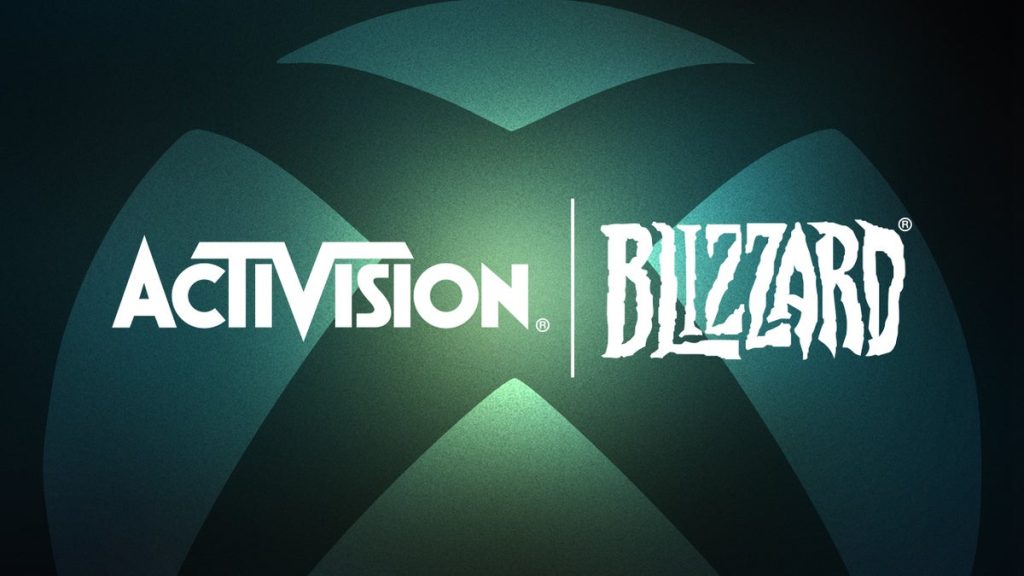
![Lies of P's Game Director Jiwon Choi Discusses the Game, Disney and the Darker Sides of Pinocchio [EXCLUSIVE]](https://fwmedia.fandomwire.com/wp-content/uploads/2023/09/16134750/lies-1-768x432.png)
